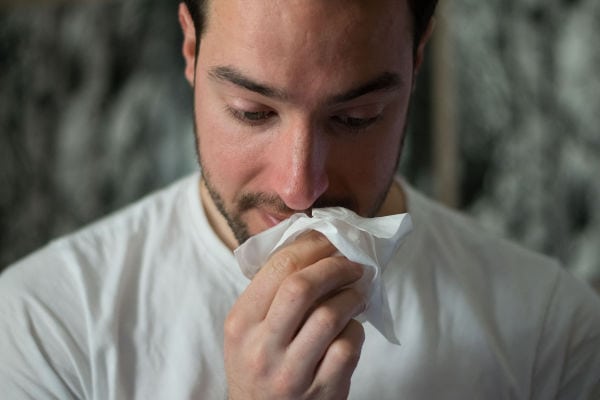Clients often ask “Does exercise increase your immune system?”
Having a regular training session could mean catching fewer colds. Research shows that after exercise, your body produces more antibodies that attack foreign invaders like bacteria or viruses. A few hours after you complete your training session, your body returns to normal.
In one study in the American Journal of Medicine, women who walked for a half-hour every day for 1 year had half the number of colds as those who didn’t exercise. Researchers found that regular walking may lead to a higher number of white blood cells, which fight infections. In another study, researchers found that in 65-year-olds who did regular exercise, the number of T-cells — a specific type of white blood cell — was as high as those of people in their 30s.
However, it appears that the more often you exercise, the longer those antibodies circulate in your system. David Nieman, DrPH, of Appalachian State University in Boone, North Carolina, says his studies have found that subjects who walked with some moderate intensity for 40 minutes a day had half as many sick days from colds and sore throats than those who didn’t exercise.
The idea of does exercise increasing your immune system is enticing, but is yet to be proven as a stand alone reason. The immune system is precisely that — a system, not a single entity. To function well, it requires balance and harmony.
Your first line of defense is to choose a healthy lifestyle.
- Eat a diet high in fruits and vegetables.
- Exercise regularly.
- Maintain a healthy weight.
- If you drink alcohol, drink only in moderation.
- Get adequate sleep.
- Take steps to avoid infection, such as washing your hands frequently and cooking meats thoroughly.
- Try to minimize stress.
If you would like to learn how a Fitness Inside Out Mobile Personal Trainer can help you, contact us today.
